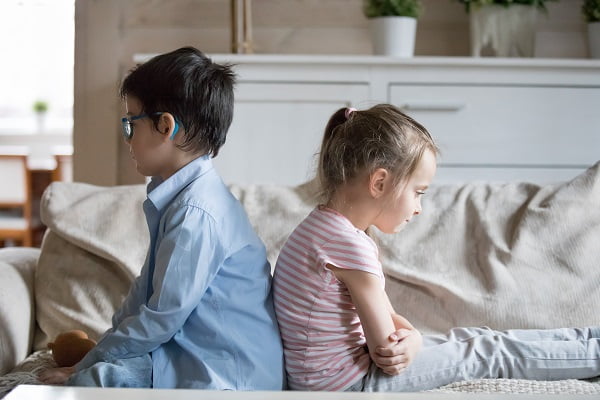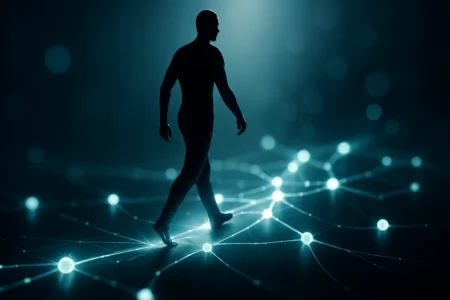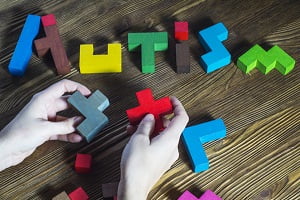Siblings of Autistic Children May Also Face Trouble
- Updated on: Jun 24, 2024
- 2 min Read
- Published on Apr 23, 2021


Autistic children face difficulty with various types of behavioral and motor skills such as including without limitations unstable posture, restricted and repetitive behavior etc. A new study finds that siblings of these children may also show similar behavioral characteristics, though to a lesser degree. The research was published today in the 2018 Society for Neuroscience annual meeting help in San Diego, California.
Arturo Nuara, who is a a neurologist in Giacomo Rizzolatti’s lab at the University of Parma, Italy, said “The objective of our study was to take a global picture of the neuromotor status of [children with autism] and compare this picture with that of [typically] developing children and with the siblings,”
The study was conducted on 27 children with autistic characters of aged about 10 years. Certain motor tasks were allocated to the children. The same tasks were also given to the non-autistic siblings and to the controls.
How did the siblings perform during the study?
In order to evaluate timed movements and motor skills, children were given certain tasks which included such as tapping their fingers to the thumb quickly and posture tasks. Siblings performed in a pattern that was somewhere between the children with autism and the study controls. However, the children with autism showed major troubles in tests that involved posture tasks such as including walking with one foot only.
Conclusion of the study
The findings suggest that the children who had autism showed significantly poor motor skills than controls in general for all the tasks combined together. Their siblings though showed better skills as compared to the autistic children but this was worse than controls.
These findings indicate that some motor features of siblings are worse than controls but better than those of autistic children. These findings will help assess the early signs of autism and identify associated risks better in children. Monitoring a child for autism though is difficult unless the child shows communication problems at a later age.
More research is needed to identify how motor skills evolve in the siblings of autistic children and how brain activity shows patterns indicative of autistic signs that could be noted earlier.
There are some evidences that show that psychiatric problems also appear more in families that include a child with autism as compared to families in general. That’s one of the major challenges families, particularly siblings, face till date. In such cases, doctors and psychiatrists recommend to look the siblings carefully for signs of other problems and lighter characters of autism in the siblings and other relatives of autistic children. This is more important because autism is believed to have genetic links with many psychiatric conditions.
The current study may help in assessing the risks of psychiatric disorders and manage them well ahead of the complications by observing motor skill patterns in the siblings.
Scientists have enough evidences to show that most of the siblings of children with autism may face difficulties with a range of behaviors and tasks such as attention, language skills, communication, learning, mood even if they do not have autism.












